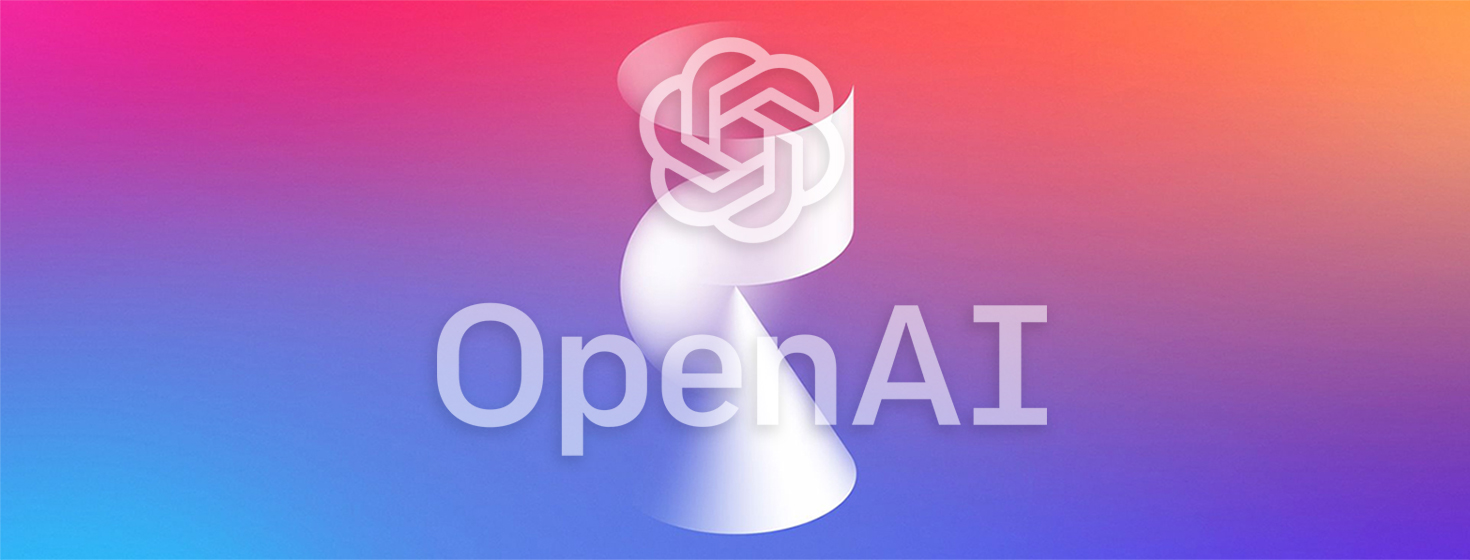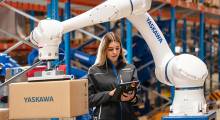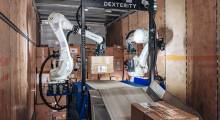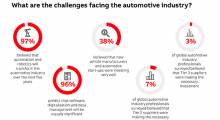The Role of AI in the World
Microsoft Corp. and OpenAI, two companies thinking deeply about the role of AI in the world and how to build secure, trustworthy and ethical AI to serve the public, have partnered to further extend Microsoft Azure’s capabilities in large-scale AI systems.
OpenAI was founded in late 2015 by Elon Musk and Sam Altman who were motivated in part by concerns about existential risk from artificial general intelligence.
Through this new partnership, the companies will accelerate breakthroughs in AI and power OpenAI’s efforts to create artificial general intelligence (AGI).
The resulting enhancements to the Azure platform will also help developers build the next generation of AI applications. The partnership covers the following:
- Microsoft and OpenAI will jointly build new Azure AI supercomputing technologies
- OpenAI will port its services to run on Microsoft Azure, which it will use to create new AI technologies and deliver on the promise of artificial general intelligence
- Microsoft will become OpenAI’s preferred partner for commercializing new AI technologies
The companies will focus on building a computational platform in Azure of unprecedented scale, which will train and run increasingly advanced AI models, include hardware technologies that build on Microsoft’s supercomputing technology and adhere to the two companies’ shared principles on ethics and trust.
This will create the foundation for advancements in AI to be implemented in a safe, secure and trustworthy way and is a critical reason the companies chose to partner together.
Over the past decade, innovative applications of deep neural networks coupled with increasing computational power have led to continuous AI breakthroughs in areas such as vision, speech, language processing, translation, robotic control, and even gaming.
Advances in AI Capabilities
In a recent Microsoft blog, the author describes how each year since 2012, the world has seen a new step function advance in AI capabilities.
Though these advances are across very different fields like vision (2012), simple video games (2013), machine translation (2014), complex board games (2015), speech synthesis (2016), image generation (2017), robotic control (2018), and writing text (2019), they are all powered by the same approach: innovative applications of deep neural networks coupled with increasing computational power.
But still, AI system building today involves a lot of manual engineering for each well-defined task.
In contrast, an AGI will be a system capable of mastering a field of study to the world-expert level and mastering more fields than anyone human-like a tool which combines the skills of Curie, Turing, and Bach.
An AGI working on a problem would be able to see connections across disciplines that no human could.
Microsoft and OpenAI want AGI to work with people to solve currently intractable multi-disciplinary problems, including global challenges such as climate change, affordable and high-quality healthcare, and personalized education.
Microsoft and OpenAI think its impact should be to give everyone economic freedom to pursue what they find most fulfilling, creating new opportunities for all of our lives that are unimaginable today.
Generalization & Deep Mastery of Multiple AI Technologies
Modern AI systems work well for the specific problem on which they’ve been trained, but getting AI systems to help address some of the hardest problems facing the world today will require generalization and deep mastery of multiple AI technologies.
OpenAI and Microsoft’s vision is for artificial general intelligence to work with people to help solve currently intractable multidisciplinary problems, including global challenges such as climate change, more personalized healthcare, and education.
“The creation of AGI will be the most important technological development in human history, with the potential to shape the trajectory of humanity,” said Sam Altman, CEO, OpenAI (pictured left).
“Our mission is to ensure that AGI technology benefits all of humanity, and we’re working with Microsoft to build the supercomputing foundation on which we’ll build AGI. We believe it’s crucial that AGI is deployed safely and securely and that its economic benefits are widely distributed. We are excited about how deeply Microsoft shares this vision.”
“AI is one of the most transformative technologies of our time and has the potential to help solve many of our world’s most pressing challenges,” said Satya Nadella, CEO, Microsoft (pictured right).
“By bringing together OpenAI’s breakthrough technology with new Azure AI supercomputing technologies, our ambition is to democratize AI - while always keeping AI safety front and center - so everyone can benefit.”
About OpenAI
OpenAI’s mission is to ensure that artificial general intelligence benefits all of humanity. The OpenAI Charter describes the principles that guide it as it executes on this mission.
Article Image Credit: OpenAI, Ben Barry
Read the Article: 5 Ways Artificial Intelligence WILL Transform Your Business
Related White Papers
The Malicious Use of Artificial Intelligence: Forecasting, Prevention, and Mitigation
This report surveys the landscape of potential security threats from malicious uses of artificial intelligence technologies and proposes ways to better forecast, prevent, and mitigate these threats. Download Now!
Artificial Intelligence in Logistics
This 2018 paper is a collaborative report by DHL and IBM on implications and use cases for the logistics industry, it details how Artificial intelligence (AI) provides a huge opportunity as it leaps from consumer segments to enterprises and onward to the industrial sector and logistics. Download Now!
8 Keys to Achieving Success with Artificial Intelligence in Supply Chain
This white paper looks at the fundamentals that supply chains need in place in order to achieve real results from Artificial Intelligence implementations. Download Now!
More Artificial Intelligence White Papers
Article topics
Email Sign Up


















